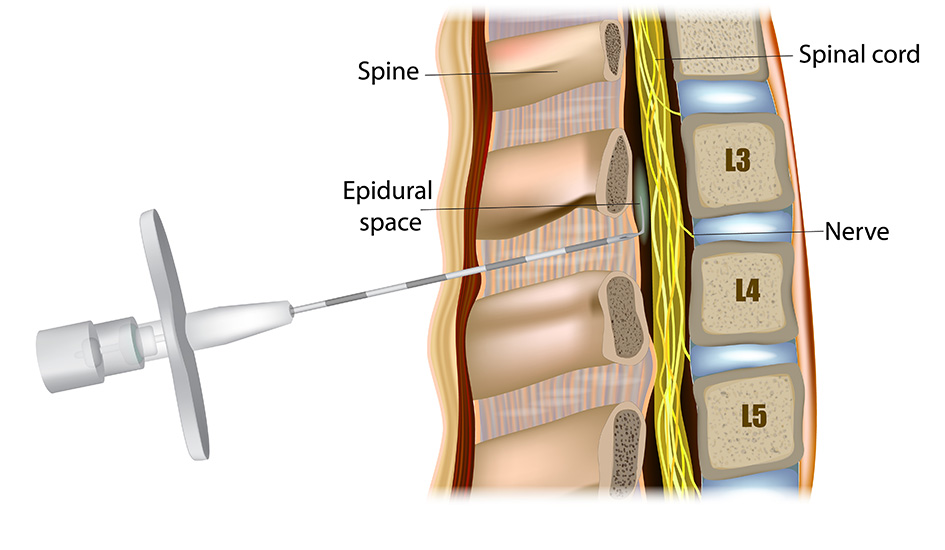Chronic low and back pain can be debilitating, affecting every aspect of a person’s life. Fortunately, there are several effective treatments available, including interventional therapies. These treatments involve the use of minimally invasive procedures to target the source of the pain and provide relief.
One common interventional therapy for chronic low and back pain is epidural steroid injections. This involves the injection of a steroid medication into the epidural space, which is the area surrounding the spinal cord. The steroid helps to reduce inflammation, which can relieve pain and improve mobility. Epidural steroid injections can provide significant relief for many people with chronic low and back pain.

Another interventional therapy for chronic low and back pain is radiofrequency ablation. This involves the use of radio waves to heat and destroy the nerves responsible for transmitting pain signals from the affected area to the brain. Radiofrequency ablation can provide long-lasting pain relief, although it may take several weeks to feel the full effects of the procedure.
Other interventional therapies for chronic low and back pain include spinal cord stimulation and intrathecal drug delivery systems. Spinal cord stimulation involves the implantation of a small device that delivers electrical impulses to the spinal cord, which can interrupt the pain signals and provide relief. Intrathecal drug delivery systems involve the implantation of a pump that delivers pain medication directly to the spinal cord, which can provide more targeted pain relief with fewer side effects.

In conclusion, interventional therapies can be an effective option for treating chronic low and back pain. These minimally invasive procedures can provide targeted relief for the source of the pain, allowing for improved mobility and quality of life. It is important to work with a healthcare professional to determine the most appropriate interventional therapy for your specific condition and to ensure that the procedure is performed by a qualified and experienced practitioner. With the right treatment, it is possible to manage chronic low and back pain and enjoy a full and active life.
If you are looking for pain management services, we are here to help. We offer personalized and effective solutions for various types of pain, such as chronic, acute, or neuropathic. Whether you need medication, therapy, or alternative treatments, we can provide you with the best options for your situation. If you have any questions or want to schedule a consultation, please contact us today. We look forward to hearing from you and helping you live a pain-free life.





